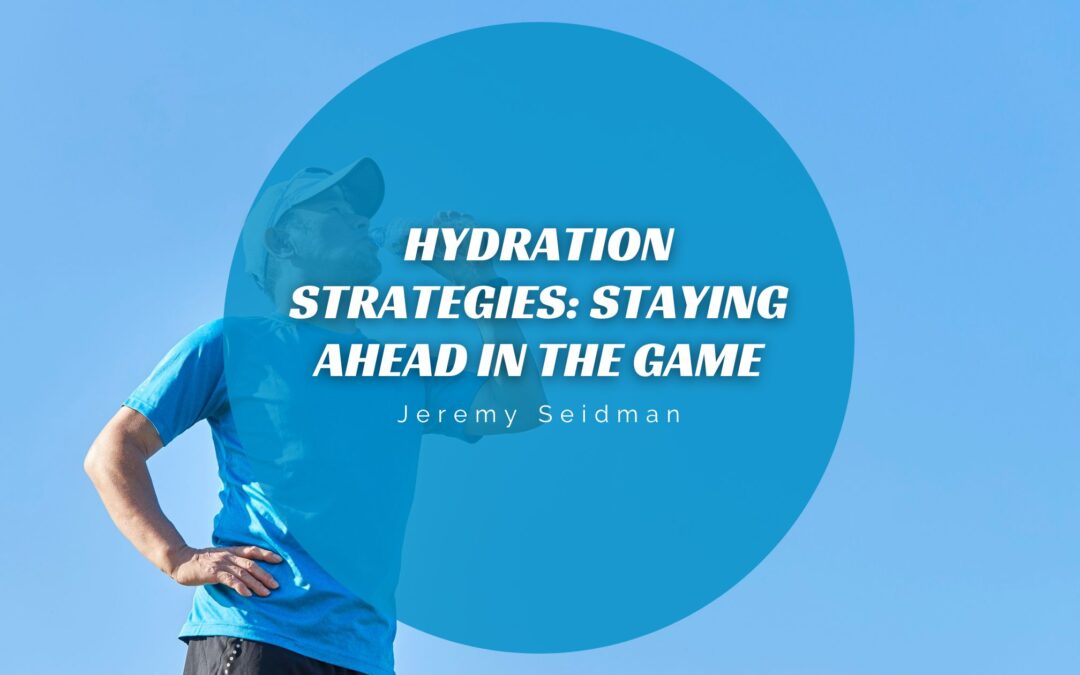In the realm of athletic performance, hydration is often overlooked compared to training, nutrition, or recovery. Yet, it’s one of the most critical factors in keeping the body functioning at peak levels. Even mild dehydration can significantly impair performance, delay recovery, and increase the risk of injury. Whether you’re training for a marathon, playing a high-intensity sport, or hitting the gym, understanding and implementing smart hydration strategies can be a game-changer.
Why Hydration Matters
Water makes up over half of the human body and plays a vital role in virtually every physiological function: regulating body temperature, transporting nutrients, lubricating joints, and removing waste. During exercise, especially in hot or humid environments, your body loses fluid through sweat and respiration. If you don’t replace that fluid, your core temperature rises, your heart works harder, and your muscles fatigue faster.
A loss of just 2% of your body weight in fluids can start to impair performance. At 3–5%, endurance drops, coordination suffers, and reaction times slow down. That’s why staying ahead of dehydration—not just reacting to it—is key.
Pre-Workout Hydration
Starting a workout or game already dehydrated is a recipe for early fatigue. Aim to drink 16–20 ounces of water two to three hours before exercise, followed by another 8–10 ounces about 20 minutes before activity begins. If you’ve had a heavy training day or a night of poor hydration, increase that intake slightly and monitor how you feel.
A good indicator? Your urine color. Pale yellow typically means you’re well-hydrated. Dark yellow or amber? Time to drink up.
Hydration During Exercise
The amount of fluid you need during activity depends on several factors: the intensity of your workout, the environment (hot vs. cool), your sweat rate, and how long you’re active. A general rule of thumb is to sip 7–10 ounces of water every 15–20 minutes during exercise. For activities lasting more than an hour, especially in the heat, a sports drink with electrolytes (sodium, potassium, magnesium) can help replace what’s lost through sweat and keep energy levels steady.
Post-Workout Rehydration
After exercise, rehydration helps with muscle recovery, body temperature regulation, and nutrient transport. Aim to drink at least 20–24 ounces of fluid for every pound lost during exercise (weighing yourself before and after is a simple way to gauge this). Including electrolytes and a small amount of carbohydrates in your post-workout drink can accelerate rehydration and replenish glycogen stores.
Everyday Hydration Habits
Good hydration isn’t just for game day. Make it part of your daily routine:
- Keep a water bottle with you throughout the day.
- Infuse water with fruits or herbs if you need variety.
- Eat water-rich foods like cucumbers, oranges, and watermelon.
- Don’t rely on thirst alone—it’s a delayed signal.
Hydration is more than just drinking water when you feel thirsty—it’s about developing consistent habits that support peak performance, quicker recovery, and long-term health. With a thoughtful hydration strategy in place, athletes can stay a step ahead of fatigue, maintain sharp focus, and perform at their best from start to finish.
